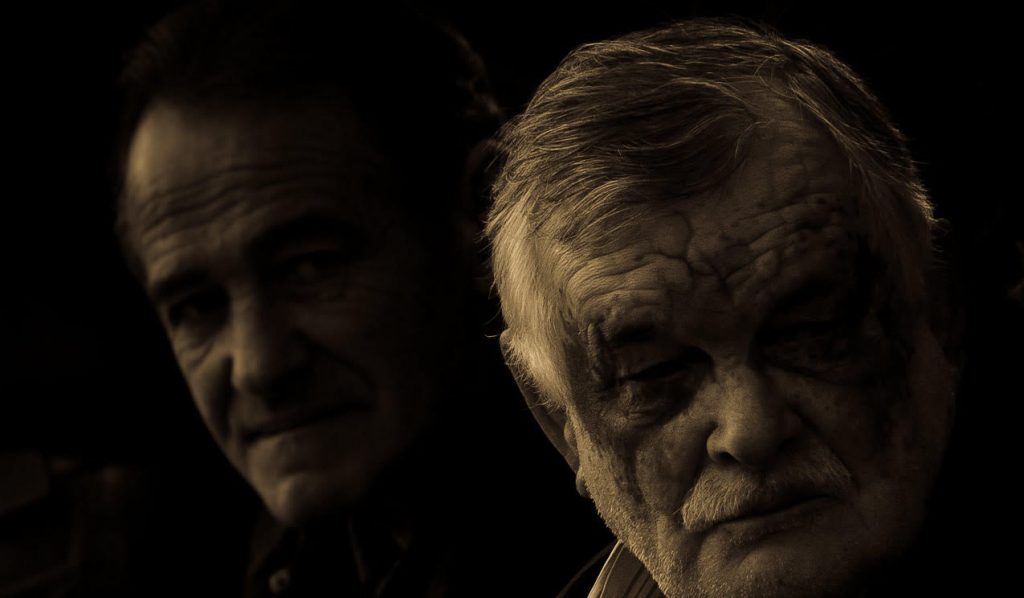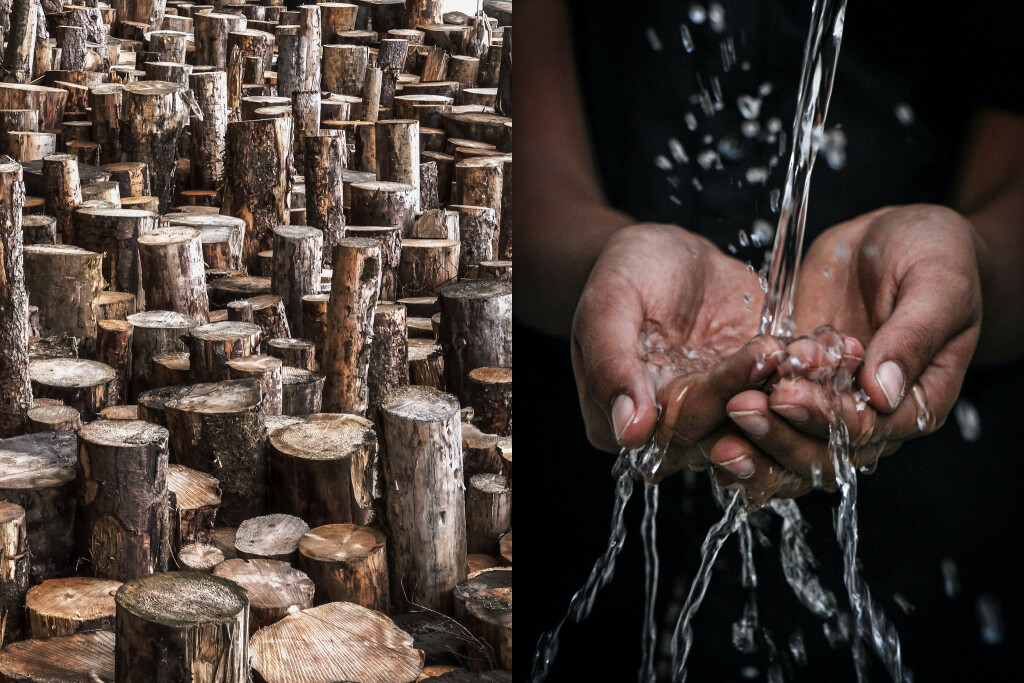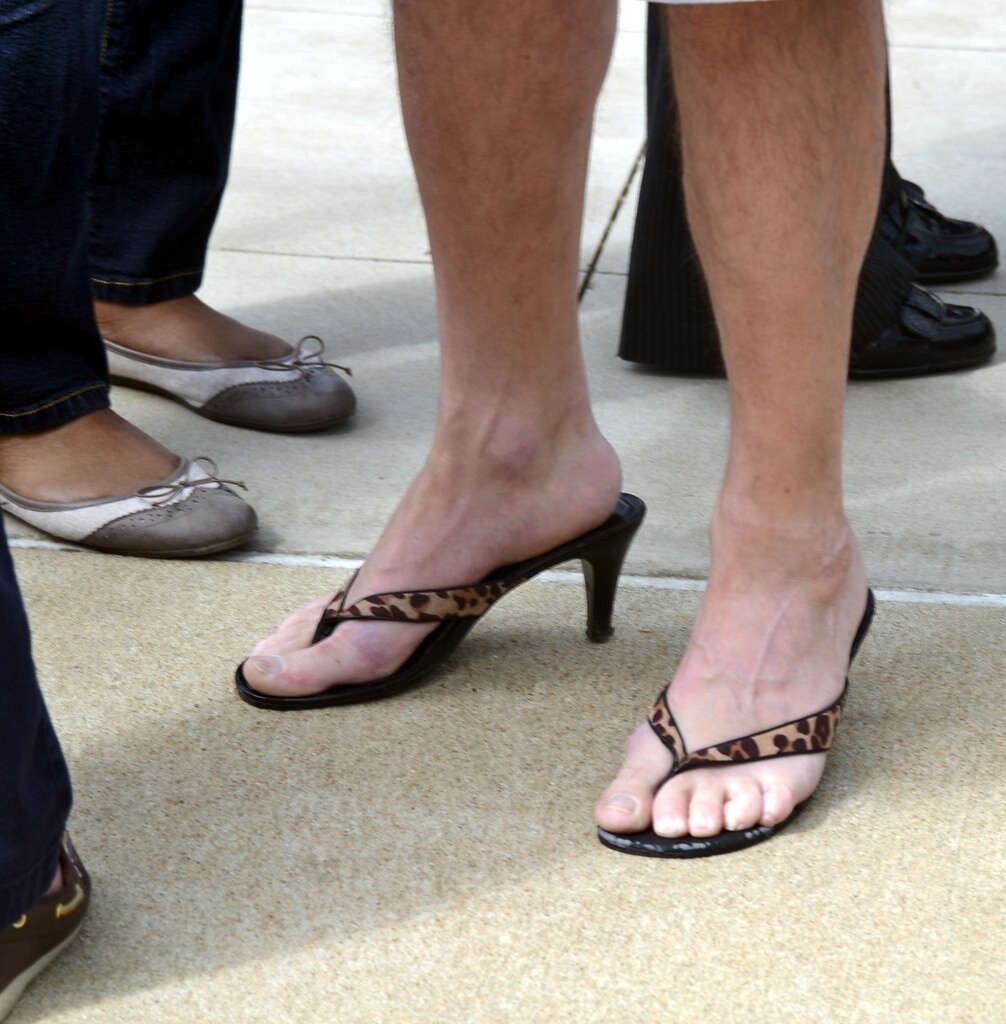
Parashat Lekh L’kha
Genesis 12:1-17:27
Our Torah portion opens with God’s dramatic command to Abraham to “Get thee going! – lekh l’kha.” (Gen. 12:1) Since the Hebrew could have been stated more simply – as just “Get going! – lekh!” – without the “thee – ‘l’kha” (- literally “for you, to you”), this imperative is often interpreted as meaning that Abraham had to go “into himself” or “on behalf of himself.” In our time that is so focused on personal journeys, it is inspiring to conceive of Abraham and Sarah embarking on their own spiritual quest.
But that is not the whole story. From the beginning God explains that the journey is for the sake of the entire world, so that all the world would be blessed from it. (Gen. 12:2-3) And we are told that Abraham and Sarah start their trip with many others who follow them, including – and besides Lot, their relative – “the souls they made (`asu) in Haran.” (Gen. 12:5) Who are these people, and what does it mean that they were “made” by Abraham and Sarah? Continue reading →









